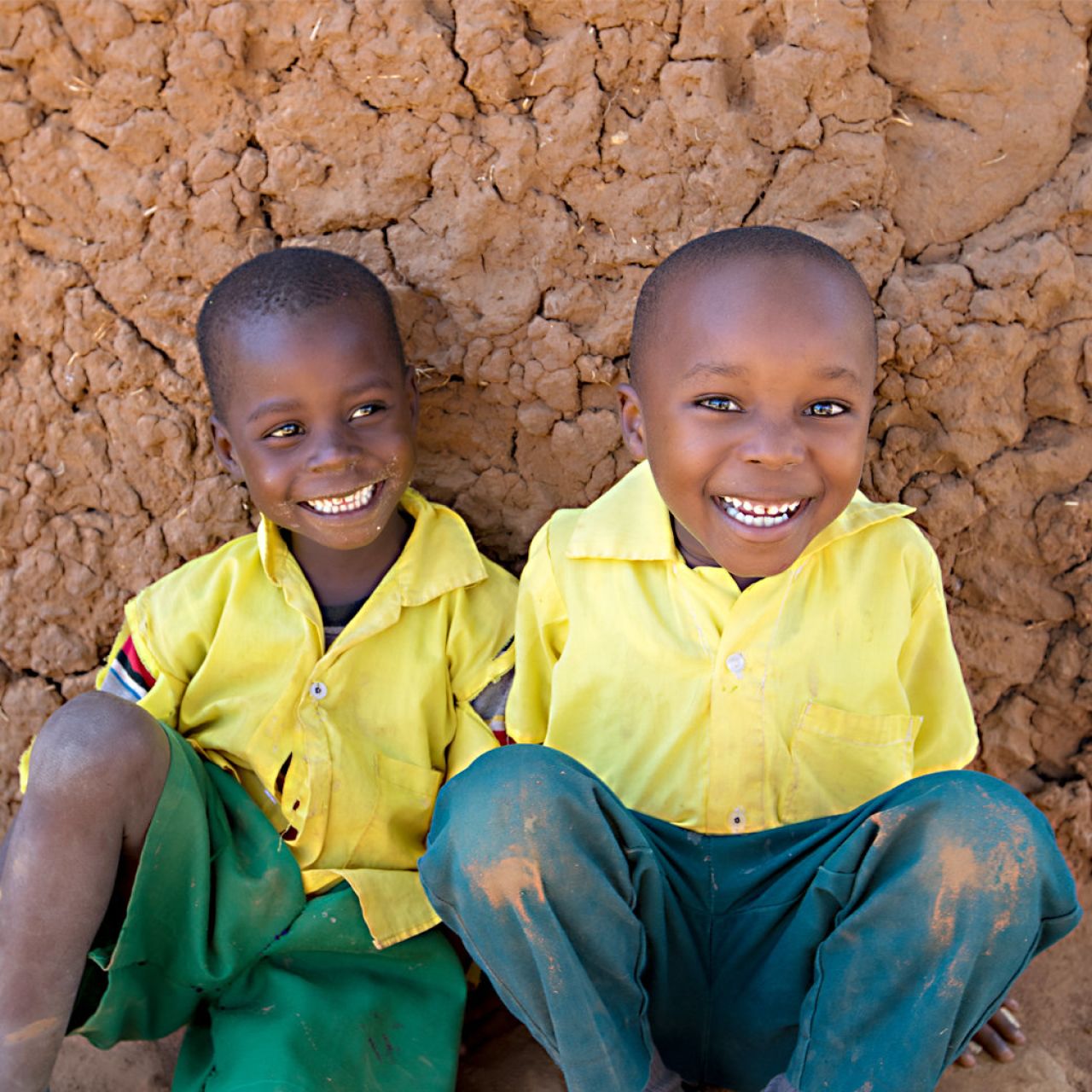About Us
"Religion that God our Father accepts as pure and faultless is this: to look after orphans and widows in their distress and to keep oneself from being polluted by the world."
Our team has more than two decades experience helping connect people just like you with opportunities to serve and care for orphaned and vulnerable children. Together with our supporters, we help provide education, food, medical care and emotional healing to 10,000 children and their families each year. Coming alongside local churches, ministries and organizations in countries around the world, we offer professional expertise, help fund their efforts, and supply much needed volunteer support. With our ministry programs, we empower local leaders — those who understand their communities best and know what their people truly need — to do even more to restore hope.
